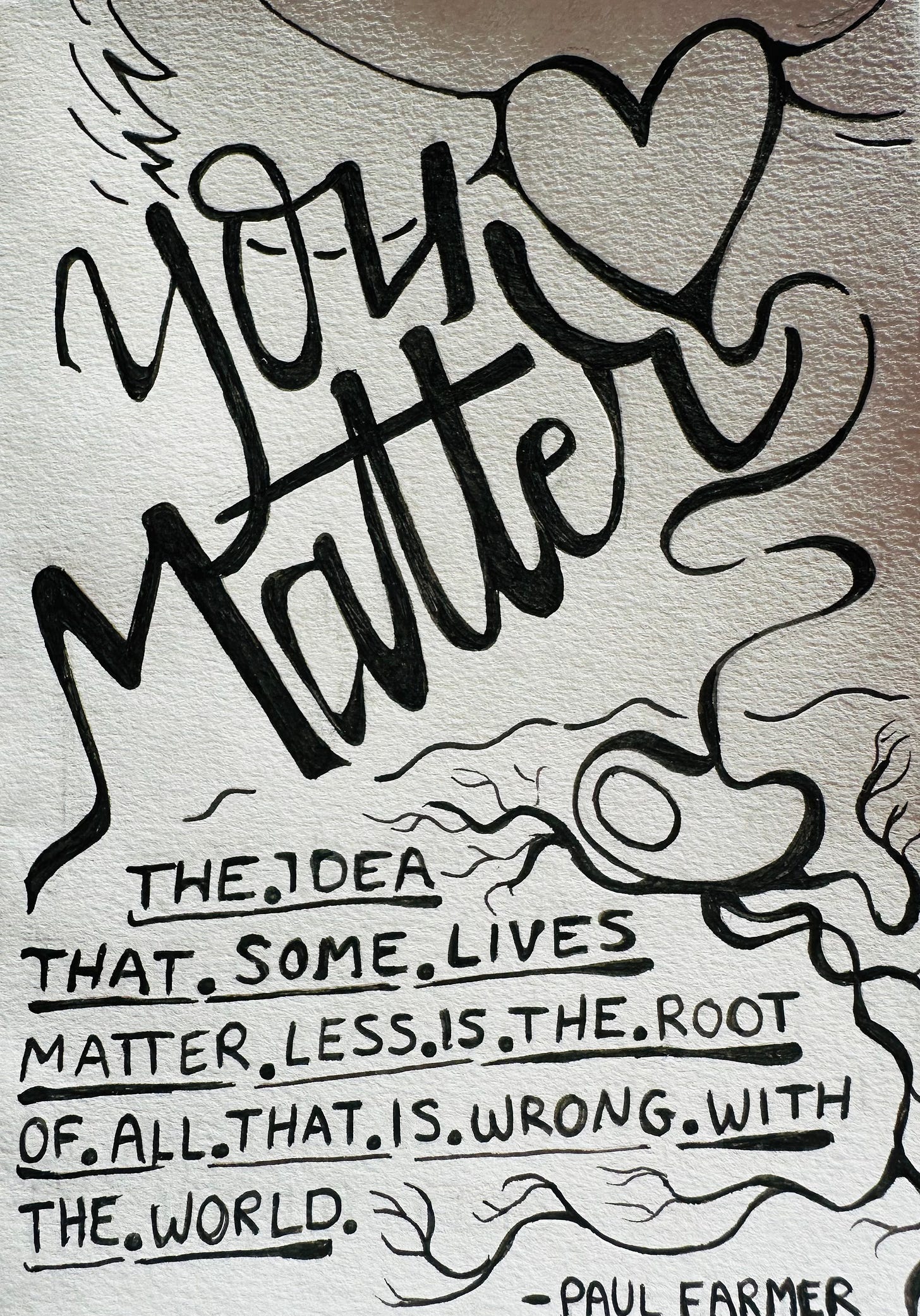Are You Burdened With The "Not Enough" Wound Or The "Too Much" Wound?
Psycho-Education About Falsely Empowering & Disempowering Abuse
Children in narcissistic family systems often grow up with one of two wounds- the “not enough” wound or the “too much” wound. The “scapegoats” or “identified patients” of the family are often raised to feel like they’re never enough, no matter how much they try. And the “golden child” of the narcissistic family system is often raised to value achievement so much that they don’t get along well with their peers and can feel like they’re “too much” for other people- or that others are jealous of them and don’t want to be their friends. Both wounds are related to power dynamics, and both can cause relational problems as those kiddos grow up and seek out relationships where they can either easily overpower other or be easily overpowered.
In Pia Mellody’s The Intimacy Factor, she unpacks the way children with developmental trauma come to relate to power dynamics. She explains how all trauma results from either “disempowering abuse” or “falsely empowering abuse,” which, because it is not real power, is also ultimately disempowering, even though kiddos raised this way may feel powerful.
The TOO MUCH Wound
When kiddos are falsely empowered, they tend to either grow up expected to parent the parents or other siblings- or, especially in certain inflating situations when they may wind up feeling like Mommy or Daddy’s chosen, special, and cherished friend or helper, even if they’re also being exploited and victimized. They wind up feeling so needed that they worry that the family system would break down without them. It gives them a sense of purpose, but it’s also way too much pressure for little ones who are supposed to be cared for, rather than caretaking the grown ups or other kids.
Because these falsely empowered kiddos are rewarded for these prematurely responsible roles- the hero, heroine, helper, caregiver, mediator, counselor, Daddy’s little girl, or Mommy’s little man, they wind up with a false sense of value, which inflates their self image as they position themselves as “better than” the ones they’re helping. Although they know that something is not right about this, the praise and hits of approval they earn for being such good boys and girls and making the parents so proud satisfies the child’s delusion of power and can make them addicted to it.
Because falsely empowered children’s source of value comes from the outside, they never develop a true, inherent sense of worth, replacing the esteem of others for self-esteem. When they relate to others as adults, they often wind up choosing relationships where they can play a caregiver role in a “power over” dynamic. Their false sense of empowerment often makes them very successful professionally- they tend to seek out roles as doctors, therapists, professors, lawyers, or other helping professions. But they also tend to be perfectionistic, obsessed with being perceived as “good,” achievement-oriented, approval-seeking, and psychologically fragile if anything happens to disavow their notion that they are a good and generous angel without any real flaws.



